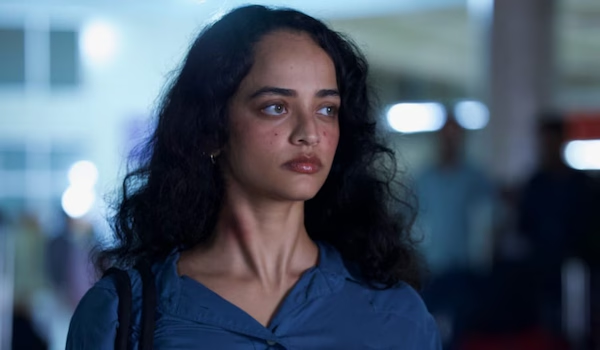Bad Girl: A Bold Premise That Loses Its Edge in Execution
Bad Girl, directed by debutant Varsha Bharath, traces the life of Ramya (Anjali Sivaraman), a woman raised in a conservative Brahmin household, navigating relationships from adolescence into her 30s. Presented in chapters, the narrative begins with a scandalous school romance, follows an abusive college relationship, and eventually culminates in the pressure of an arranged marriage.
While the film consciously evokes shades of Thulluvadho Ilamai, its first half feels both nostalgic and outdated. The second half introduces the real conflict — the societal and familial perceptions of Ramya’s choices — yet the storytelling drifts into over-dramatization, diluting its intended punch.
Anjali Sivaraman delivers a layered performance, her portrayal of a bold, evolving woman carrying the film’s emotional weight. Shanthi Priya’s performance is a standout, and the ensemble cast lends authenticity. Varsha Bharath infuses the film with grounded, realistic values, punctuated by sharp dialogues like, “There is no point in a loveless marriage.” Still, the execution falters in sustaining engagement.
On the technical side, despite the presence of acclaimed composer Amit Trivedi, the music surprisingly lacks impact. The cinematography and editing are competent but do not elevate the material.
Ultimately, Bad Girl offers flashes of insight and strong performances but struggles with uneven pacing and a shortage of compelling moments. It is a film that promises daring commentary yet settles into conventional rhythms too soon.
Bad Girl Review
-
SF Rating
Summary
Verdict: An ambitious attempt at exploring modern womanhood, weakened by draggy storytelling in second half.

